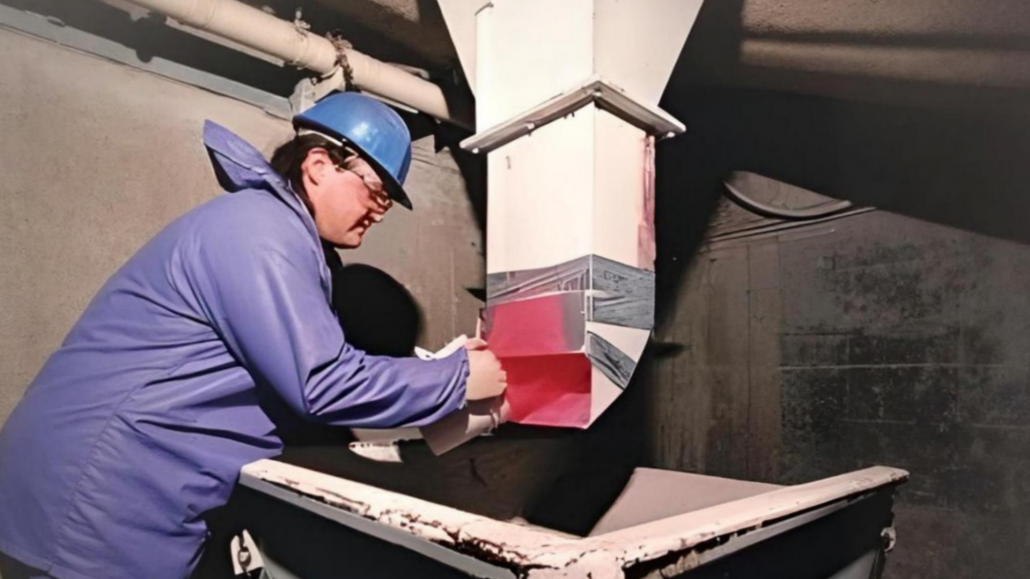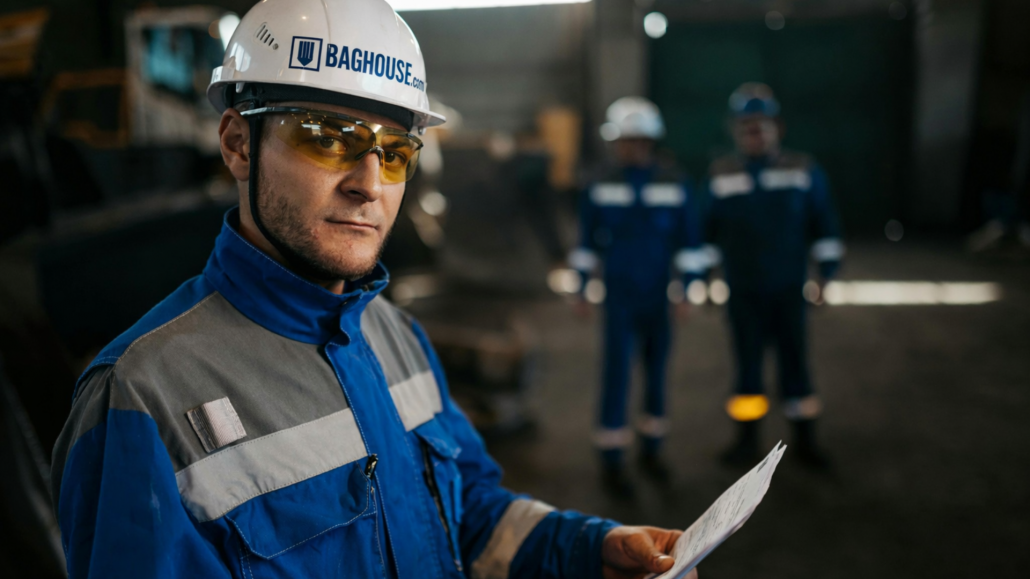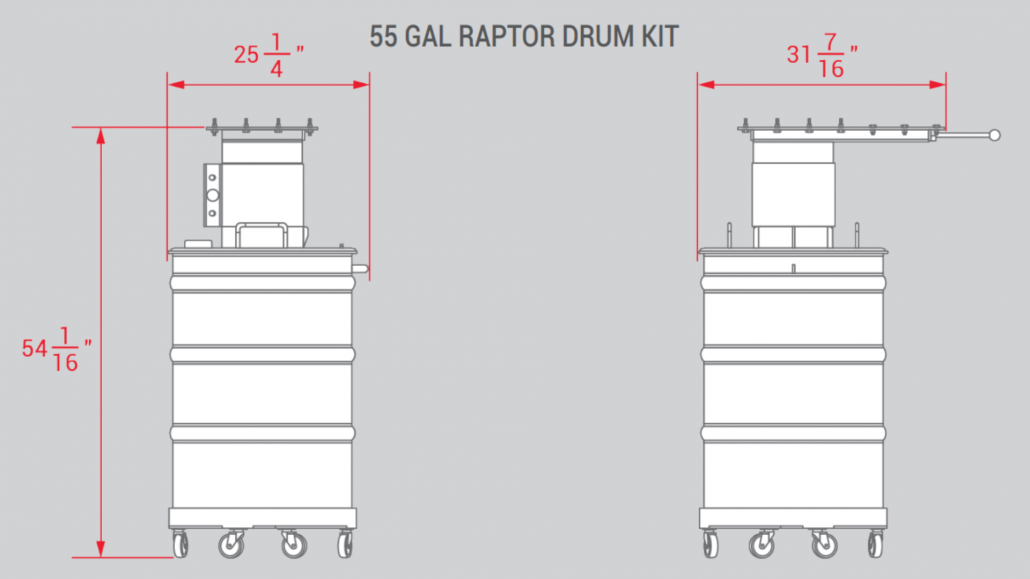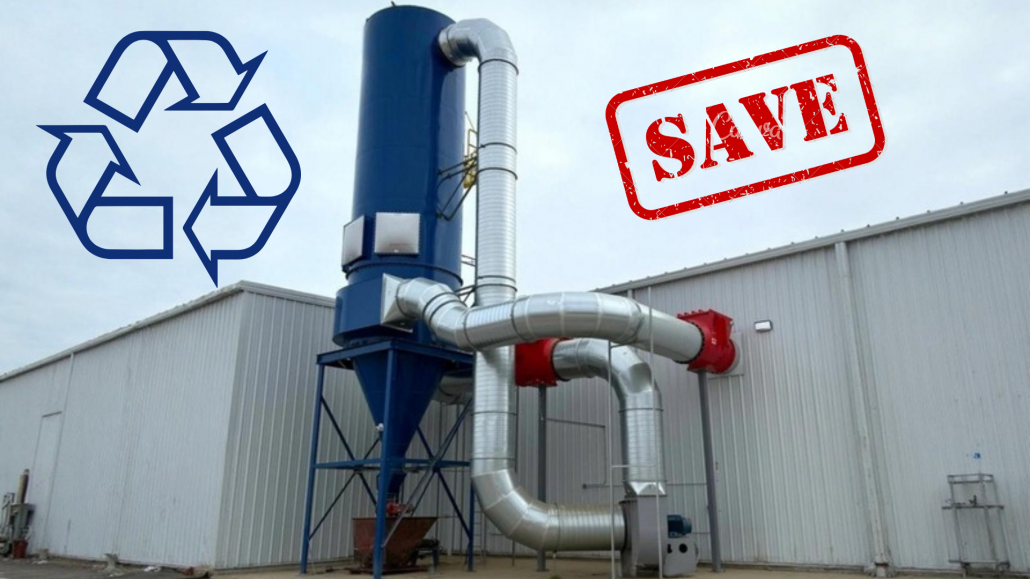A federal agency says the deadly July explosion at a Fremont, Nebraska, industrial plant was “a terrible tragedy” that never should have happened.
On Wednesday, the U.S. Chemical Safety and Hazard Investigation Board (CSB) released new information about the July 29 blast and fire at Horizon Biofuels. The accident killed worker Dylan Danielson, 32, and his two daughters, ages 8 and 12.
CSB Chairperson Steve Owens called it “a completely avoidable hazard,” saying early evidence shows it was likely a combustible wood-dust explosion—a well-known risk in wood-processing facilities.
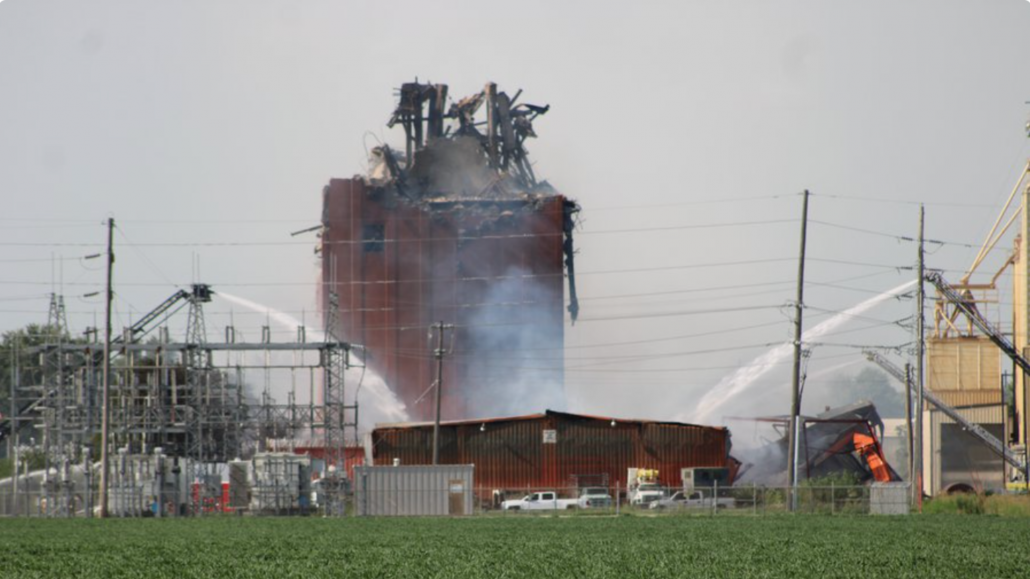
Investigation Still Limited
The CSB investigates serious chemical accidents but does not set regulations. Its work at Horizon has been delayed because the site is too dangerous to enter.
“The facility remains unsafe, with a risk of collapse,” the agency said. Officials have advised keeping a safe distance until the building is stabilized.
What Happened That Day
Shortly before noon, witnesses saw a sudden release of dust or smoke from a tower. Flames appeared, followed by a powerful blast that tore through the structure.
Danielson was working inside. He survived the initial explosion but was trapped. He managed to speak by phone with the plant manager, who was off-site, and with his wife.
Neighbors heard him calling for help and tried to reach him, but unsafe conditions forced them back. Emergency crews arrived, evacuated the area, and could not enter until the next day, when they recovered the three victims.
Dust-Control System At the Plant
The CSB said its investigation will focus on the operations and conditions at the Horizon Biofuels facility, as well as dust-control systems, industry guidance for safe dust operation and regulatory oversight. A combustible dust explosion can occur when certain conditions align at a facility, including dust accumulation, dispersion and ignition within a confined space, potentially triggering a powerful secondary explosion, like the one that occurred at the Horizon Biofuels facility.
The CSB has examined many such disasters. A 2006 study reviewed 281 dust explosions, causing 119 deaths and 718 injuries across industries.
Past Safety Issues
Records from the Occupational Safety and Health Administration (OSHA) show Horizon Biofuels was cited in 2012 for four serious violations and fined $6,000.
The Nebraska State Fire Marshal’s Office, leading the state investigation, also called the incident an “accidental dust explosion” in its preliminary report.
You Can Prevent It
Combustible dust incidents are preventable with proper design, inspection, and maintenance. Baghouse.com helps industrial facilities diagnose hazards, install combustible dust prevention equipment, and identify measures to prevent explosions… protecting both your workers and equipment.

